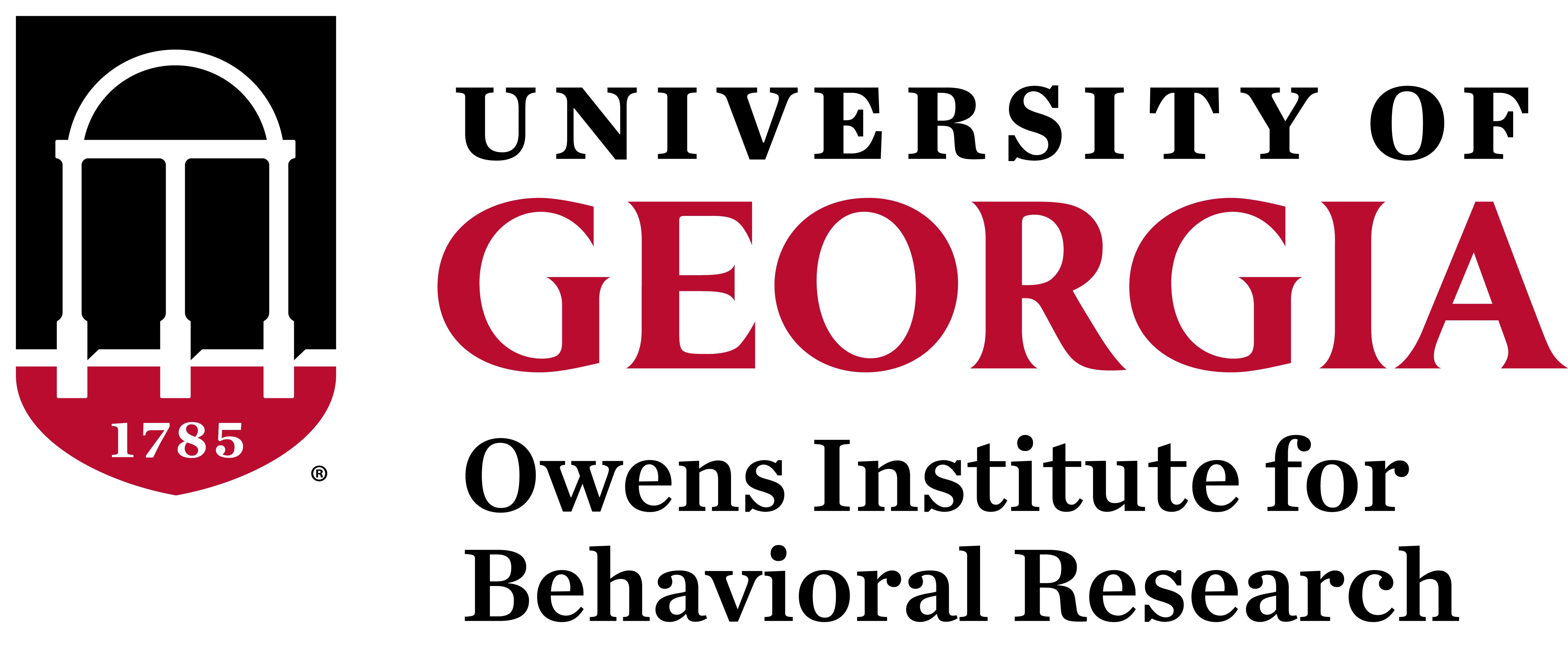New CSS Collaboration Opportunities
A new computational social science faculty cluster was announced as part of the Presidential Interdisciplinary Faculty Hiring Initiative in Data Science and Artificial Intelligence.
Social and Behavioral Dynamics of Health, Well-Being, and Security
Global-scale challenges like pandemics, climate change, and economic upheaval pose risks to human health, security, as well as emotional and economic well-being. Understanding the complexities of human behavioral, cultural, and social dynamics in the face of such challenges increasingly depends on large-scale data and computationally intensive analysis. Rooted in the basic social and behavioral sciences, computational social scientists combine the tools of data science with insights from social and behavioral theories.
At the same time, reliance on complex analyses of massive data sets to inform new social and governmental responses itself poses challenges that can only be addressed by careful social science research. New techniques for harvesting and processing social data require scrutiny themselves, because these techniques can and have exacerbated social inequalities and injustices. Without an understanding of the ways that data collection has evolved over time within traditional social science research, machine-learning approaches to analyzing massive amounts of harvested social and behavioral data can “bake” systematic social biases into the algorithms and generate “solutions” that amplify, rather than address, existing social inequalities and injustices. Principled use of data science and computational approaches to address global social problems requires careful attention to the origins of such biases in earlier periods of history. Thus, this cluster focuses both on social scientists conducting computational work but also on the study of algorithms, analytics, and “big data” as social and historical practice.
This hiring cluster will build on existing strengths at the university to create an exceptional convergence of scholarship in computational social science poised to offer theory- and data-driven solutions to contemporary societal challenges. This cluster of six new academic track faculty hires will be housed in four departments: psychology, sociology, international affairs, and health policy and management. These departments span three colleges: the Franklin College of Arts and Sciences, the School of Public and International Affairs, and the College of Public Health. This cluster will leverage the strengths of the Owens Institute for Behavioral Research (OIBR), which has been advancing interdisciplinary social science research at UGA for over 50 years though faculty mentoring of grant writing, promotion of interdisciplinary collaborations, and expert pre- and post-award services.
